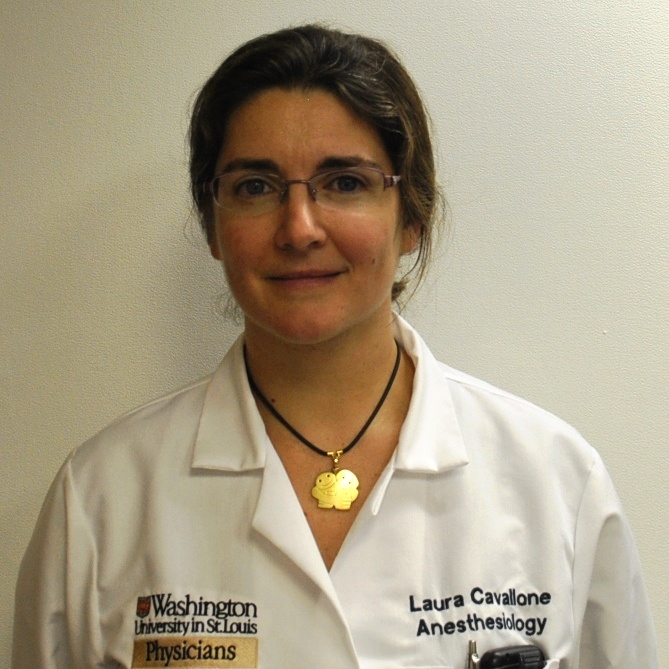Middle Cerebral Artery Stroke Complicating Radical Parotidectomy and Neck Dissection with External Carotid Artery Ligation (Preview)
By Laura Cavallone, MD, Department of Anesthesiology, Washington University in St. Louis, School of Medicine
IntroductionThe preoperative evaluation and perioperative management of the increasing number of elderly patients undergoing complex head and neck (H&N) surgeries is challenging. Presence of significant cardiovascular comorbidities is not uncommon in this patient population, and yet many patients are considered fit for surgery based on cardiac evaluation alone. In this case, their preoperative preparation usually follows the established American College of Cardiology/American Heart Association (ACC/AHA) guidelines. Our case demonstrates the need for more in-depth, highly individualized evaluation and preparation of such patients, even if they are asymptomatic, and should always take into account the extent of the planned surgical procedure.
Case PresentationAn 82 year old, ASA class 3 patient was seen at H&N preoperative clinic with an enlarging left parotid mass. The needle aspiration biopsy confirmed the presence of cancer. The patient’s disease was clinically and radiologically staged as T4, N0, M0, with evidence for invasion into the masseter and medial pterygoid muscles and tumor extension into the overlying facial skin. The patient was scheduled to undergo a left radical parotidectomy, resection of 6 x 5 cm of skin overlying the left upper neck-facial area, left partial auriculectomy, left neck dissection, partial left temporal bone resection, right fascio-cutaneous anterolateral thigh free flap, repair of external auditory canal laceration, nerve graft from right vastus lateralis muscle, left upper eyelid implant with 1.0 gram platinum chain implant, and facial nerve repair.
Preoperative assessmentPatient’s medical history was significant for well controlled hypertension (preoperative BP 137/64 mm Hg) transient ischemic attacks (TIAs), with the last episode 4 years prior to admission, controlled gastroesophageal reflux disease (GERD), alcohol use (1 drink/day), and a distant history of smoking. Preoperative laboratory tests and EKG were normal. The patient was assessed as a low cardiac risk, with only one ... |
Join SHANA or Log in to view more/discuss on Forum.




